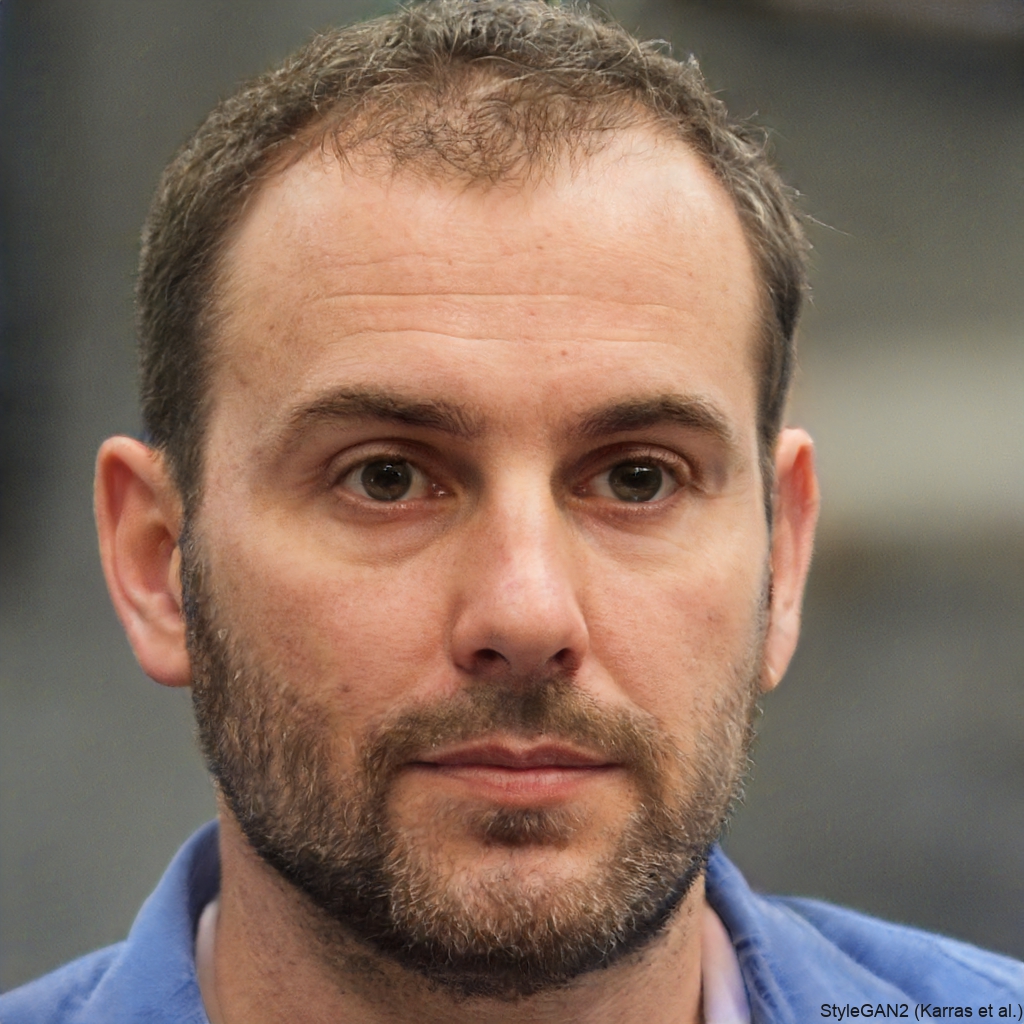Have you ever wondered why some people seem to effortlessly build wealth—while others, no matter how hard they work, struggle to get ahead? It’s not always about income, luck, or even intelligence. The real difference often lies in something far less glamorous but infinitely more powerful: financial discipline.
We live in a world where instant gratification is just a click away. From one-click shopping to buy-now-pay-later options, it’s easier than ever to spend money before we’ve truly earned it. Yet, behind nearly every self-made millionaire, there’s a quiet, consistent practice of financial discipline—a commitment to long-term goals over short-term pleasures. This isn’t about deprivation or living a life of austerity. It’s about making intentional choices that align with your values and future.
In this article, we’ll explore why financial discipline is the hidden engine behind lasting wealth. You’ll discover how the wealthy manage their money differently—not because they have more, but because they think differently. We’ll break down the core habits that set them apart, from budgeting with purpose to investing early and consistently. You’ll also get practical, real-world strategies you can start using today, regardless of your income level.
Whether you’re just beginning your financial journey or looking to refine your approach, this guide will help you build the mindset and habits that lead to true financial freedom. Let’s dive in and uncover the secret weapon the wealthy have been using all along.
1. What Is Financial Discipline—and Why Does It Matter?
Financial discipline isn’t about counting every penny or never treating yourself. It’s about making conscious, consistent choices that support your long-term financial health. Think of it like a fitness routine for your finances: you don’t see results overnight, but over time, small, smart decisions compound into something powerful.
At its core, financial discipline means:
- Living below your means
- Saving and investing regularly
- Avoiding unnecessary debt
- Sticking to a budget—even when it’s tempting not to
But why does this matter so much? Consider this: a 2023 study by the Federal Reserve found that 60% of Americans couldn’t cover a $500 emergency expense without borrowing or selling something. Meanwhile, 78% of millionaires in the U.S. are self-made, according to The Psychology of Money by Morgan Housel—and most attribute their success not to high incomes, but to consistent saving and smart spending habits.
Take two people earning $75,000 a year:
- Person A spends $70,000 annually, saves $5,000, and carries $10,000 in credit card debt.
- Person B lives on $50,000, saves $15,000, invests $10,000, and avoids high-interest debt.
Who do you think will be wealthier in 10 years? Even with the same income, Person B is building wealth through discipline. Over time, their investments grow, their emergency fund expands, and they gain freedom from financial stress.
Financial discipline isn’t about being rich—it’s about becoming rich. It’s the foundation of wealth because it turns money from a source of stress into a tool for freedom. And the best part? It’s a skill anyone can learn.
2. Budgeting with Purpose: The Blueprint of the Wealthy
Many people hate the word “budget.” It sounds restrictive, like a diet for your wallet. But the wealthy don’t see it that way. To them, a budget isn’t a limitation—it’s a map. It shows where you are, where you want to go, and how you’ll get there.
The key difference? Purpose-driven budgeting. Most people budget to survive the month. The financially disciplined budget to thrive in the future.
Let’s look at a simple example. Meet Sarah, a graphic designer earning $6,000 a month. She used to spend freely—dining out, shopping, subscriptions—until she realized she wasn’t saving anything. Then she adopted a zero-based budget, where every dollar has a job.
Here’s how her new budget looks:
- Income: $6,000
- Needs (50%): $3,000 (rent, utilities, groceries, insurance)
- Savings & Debt (20%): $1,200 (emergency fund, retirement, student loan)
- Wants (30%): $1,800 (dining, travel, hobbies)
But here’s the twist: Sarah doesn’t just allocate money—she plans for her goals. $500 goes to a “dream vacation” fund. $300 builds her emergency savings. $400 goes into a Roth IRA. The rest covers fun—but only after the future is funded.
This approach, often called “paying yourself first,” is a hallmark of financial discipline. Instead of saving what’s left (which is often nothing), the wealthy save first, spend the rest.
Tools like Mint, YNAB (You Need A Budget), or even a simple spreadsheet can help. The goal isn’t perfection—it’s awareness. When you know where your money goes, you gain control. And control is the first step toward freedom.
As financial expert Dave Ramsey says, “A budget is telling your money where to go instead of wondering where it went.” And that’s exactly what the wealthy do—they take charge.
3. The Power of Delayed Gratification: Why the Rich Wait
Imagine this: You’re offered $100 today or $150 in three months. Which would you choose?
If you’re like most people, you might take the $100 now. But if you’re financially disciplined, you’d wait. Why? Because you understand the value of delayed gratification—one of the most powerful forces in building wealth.
This concept was famously tested in the Stanford Marshmallow Experiment, where children were offered one treat now or two if they waited 15 minutes. Follow-up studies found that kids who waited tended to have better life outcomes—higher SAT scores, healthier relationships, and yes, greater financial success.
The same principle applies to money. Financially disciplined people say “no” to:
- The latest iPhone (when their current one works fine)
- Eating out every night (opting to cook at home)
- Leasing a luxury car (choosing a reliable, affordable one instead)
They’re not depriving themselves—they’re investing in the future. That $800 phone? If invested at 7% annual return, it could grow to over $4,000 in 20 years. That’s the power of patience.
Warren Buffett, one of the richest people in the world, still lives in the same house he bought in 1958 for $31,500. He drives a modest car and drinks cherry Coke. Why? Because he understands that true wealth isn’t about what you spend—it’s about what you keep and grow.
Delayed gratification isn’t just about saving money. It’s about trading short-term pleasure for long-term freedom. It means skipping a vacation this year to build a bigger emergency fund. Or choosing a side hustle over binge-watching TV, so you can reach financial independence faster.
The good news? This skill can be trained. Start small:
- Wait 24 hours before making a non-essential purchase.
- Set a savings goal before buying something big.
- Visualize your future self—what would they thank you for doing today?
Over time, delayed gratification becomes a habit. And that habit becomes wealth.
4. Automating Your Way to Wealth: The “Set It and Forget It” Strategy
One of the biggest myths about financial discipline is that it requires constant willpower. In reality, the most successful people remove the need for willpower altogether—by automating their finances.
Think about it: if you had to manually deposit money into savings every week, would you always do it? Probably not. Life gets busy. Motivation fades. But if it happens automatically? You don’t even have to think about it.
This is the secret behind automated saving and investing—a strategy used by 88% of high-net-worth individuals, according to a 2022 UBS report.
Here’s how it works:
- Automate your savings: Set up a direct deposit from your paycheck into a high-yield savings account. Even $100 per paycheck adds up to $5,200 a year.
- Automate your investments: Use apps like Acorns, Betterment, or your employer’s 401(k) plan to invest automatically. Many plans offer automatic escalation, increasing your contribution each year.
- Automate bill payments: Avoid late fees and credit damage by scheduling payments in advance.
Let’s say you earn $5,000 a month. You set up:
- $500 to go to a Roth IRA (automated)
- $300 to an emergency fund (automated)
- $200 to a brokerage account (automated)
Now, before you even see your paycheck, $1,000 is already working for you. You’re building wealth while you sleep.
The beauty of automation is that it makes discipline effortless. You’re not relying on motivation—you’re relying on systems. And systems beat willpower every time.
Even better, automation helps you avoid emotional spending. When money is already allocated, you’re less tempted to splurge. It’s like putting your future self in charge of your present decisions.
As investor Charlie Munger said, “The first rule of compounding: Never interrupt it unnecessarily.” Automation ensures you never do.
5. Debt: The Silent Wealth Killer (and How the Rich Avoid It)
Debt is one of the biggest obstacles to financial freedom. Yet, most people carry some form of it—credit cards, student loans, car payments, even mortgages. The difference? How they manage it.
The financially disciplined don’t just pay bills—they strategize against debt. They understand that while some debt (like a low-interest mortgage) can be manageable, high-interest consumer debt is a wealth destroyer.
Consider this:
- The average credit card interest rate is 24.5% (as of 2024).
- If you carry a $5,000 balance and only make minimum payments, you could pay over $6,000 in interest—and take 15+ years to pay it off.
That’s money that could have been invested, saved, or used for experiences. Instead, it’s handed over to banks.
The wealthy avoid this trap by:
- Using credit cards responsibly: They pay the full balance every month, turning the card into a tool for rewards and credit-building—not borrowing.
- Avoiding lifestyle inflation: Just because you get a raise doesn’t mean you upgrade your car or apartment. They live below their means.
- Prioritizing high-interest debt: Using strategies like the debt avalanche (paying off highest-interest debt first) to eliminate liabilities faster.
Take the story of Kevin, a software engineer who paid off $35,000 in student loans in three years. How? He:
- Lived with roommates (saving $1,000/month on rent)
- Cooked at home 90% of the time
- Used a side gig to earn extra income
- Automated $800/month toward his loans
He didn’t earn a six-figure salary. He earned freedom—and now invests that $800 monthly into retirement.
The lesson? Debt isn’t inevitable—it’s a choice. And the most financially disciplined people choose to minimize it, especially the kind that grows faster than their income.
6. Investing Early: The Unfair Advantage of Time
If financial discipline has a superpower, it’s compound interest—the eighth wonder of the world, as Einstein supposedly called it.
Here’s how it works: when you invest money, you earn returns. Those returns then earn returns. Over time, this creates exponential growth.
Let’s compare two investors:
- Alex starts investing $300/month at age 25. By 65, with a 7% annual return, they have $615,000.
- Jordan waits until 35 to start. Same $300/month. Same return. By 65, they have $300,000.
That’s a $315,000 difference—all because Alex started 10 years earlier.
This is why the wealthy invest early, even if it’s small amounts. They understand that time is more valuable than money when it comes to building wealth.
You don’t need to be rich to start. A 2023 Fidelity study found that the average 401(k) balance for someone who started in their 20s was over $100,000 by age 40—just from consistent contributions.
The key is consistency, not size. Even $50 a month adds up. Use low-cost index funds (like S&P 500 ETFs) to get broad market exposure with minimal fees.
And remember: the goal isn’t to pick the next Tesla. It’s to stay invested. The stock market has historically returned about 9-10% annually over the long term. Miss just a few of the best days, and your returns plummet.
So, start now. Automate it. Forget about timing the market. Focus on time in the market.
As Warren Buffett advises: “Do not save what is left after spending; spend what is left after saving.” And invest what you save.
7. Mindset Matters: How the Wealthy Think Differently
Financial discipline isn’t just about actions—it starts in the mind.
The wealthy don’t see money as a measure of self-worth. They see it as a tool—a means to security, freedom, and impact.
This mindset shift is crucial. Consider two people:
- Person X thinks, “I’ll never be rich. I don’t earn enough.”
- Person Y thinks, “I may not be rich yet, but I’m building habits that will get me there.”
Who’s more likely to succeed? Person Y, every time.
The financially disciplined cultivate a growth mindset:
- They view setbacks as learning opportunities.
- They celebrate small wins (like paying off a credit card).
- They focus on progress, not perfection.
They also avoid comparison. Social media makes it easy to feel “behind” when you see others’ luxury vacations or new cars. But the wealthy know that appearances are often misleading. That flashy car might be leased. That vacation might be debt-funded.
Instead, they compare themselves to their past self. Did they save more this month? Did they reduce debt? Did they learn something new about investing?
They also practice gratitude. Research shows that grateful people are more financially responsible. When you appreciate what you have, you’re less likely to chase what you don’t.
Finally, they educate themselves. They read books (The Simple Path to Wealth, I Will Teach You to Be Rich), listen to podcasts, and seek advice. Knowledge builds confidence—and confidence fuels discipline.
Remember: wealth is not a destination. It’s a lifestyle. And it starts with how you think.
8. Building Your Own Financial Discipline: Simple Steps to Start Today
You don’t need a six-figure salary to be financially disciplined. You just need a plan and the willingness to start.
Here are 5 simple steps you can take today:
- Track your spending for one week. Use an app or notebook. Awareness is the first step.
- Create a simple budget. Use the 50/30/20 rule as a starting point.
- Set up one automation. Automate a $50 transfer to savings or investments.
- Pay off one small debt. Use the debt snowball method (smallest balance first) for quick wins.
- Read one financial book or article this month. Knowledge compounds, too.
Start small. Celebrate progress. And remember: every millionaire was once a beginner.
You don’t have to be perfect. You just have to be consistent.
Conclusion: Your Wealth, Your Future
Financial discipline isn’t a magic trick. It’s not reserved for the rich or the lucky. It’s a learnable skill—a daily practice of making choices that align with your long-term goals.
We’ve explored how the wealthy use budgeting, delayed gratification, automation, debt management, and early investing to build lasting wealth. But the real secret? Mindset. They think differently. They act consistently. And they never stop learning.
You don’t need to be perfect. You just need to start. Whether it’s saving $20 a week or finally paying off a credit card, every step counts.
So ask yourself: What’s one small change I can make today to build a wealthier tomorrow?
Share your thoughts in the comments—what’s your biggest financial challenge? What step will you take this week? Let’s grow together.
Because financial freedom isn’t about having more money. It’s about having more choices. And that starts with discipline.

Danilo Ferreira is a passionate entrepreneur, travel, and financial freedom enthusiast, always seeking new ways to expand his horizons and live with purpose. Driven by a high-performance mindset, he combines discipline and curiosity to achieve ambitious goals, exploring the world while building projects that reflect his vision of independence and continuous growth.







